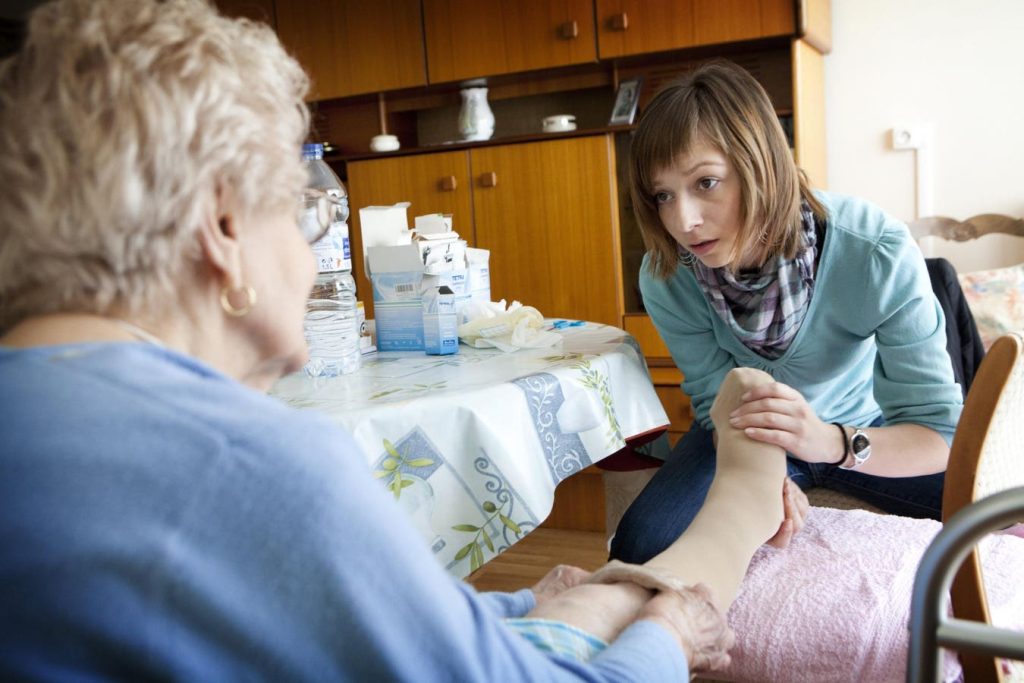summarizing the content:
Understanding the need for home care for an older loved one can be challenging, as healthcare providers often focus on medical services, such as nurses, which are expensive and sometimes not available under Medicare.
The demand for non-medical caregivers, who do not provide the same level of medical care, can empower families to care for their elderly loved ones in ways that are both sustainable and affordable. These caregivers often offer temporary or specialized help, such as home health agencies or general caregivers, from home.
There are four main classifications of non-medical caregivers:
-
Certified Nursing Assistants (CNAs): These caregivers assist with pumping medications, measuring vital signs, and managing daily activities for an elderly loved one. They typically require consultation of CNA training for continued care after an older individual is no longer needed.
-
Certified Home Health vested at organizations:
a. **Home Health Specialize They work in a provided home setting, requiring specific training to provide safe and appropriate support.
-
Dementia Trainer Home Health Agencies: These caregivers provide specialized care for individuals with dementia, trained to manage theirMemory, social interactions, and lifestyle challenges. They often offer personalized support and nutrition skills to improve living independence.
- Companion Care Workers (CCWs): These caregivers assist with daily activities such as walking, bathing, and dressing for an elderly loved one, offering temporary companionship and socialization.
Many home care agencies offer specialized caregivers for different needs, such as activities of daily living (ADLs) or companionship.resultxFFFFCompanion care workers do not always provide the same level of medical assistance as nurses or doctors, but they cost less than certified home health agencies.
Despite their advantages, hiring care providers for the elderly can be challenging, particularly when there is uncertainty about the qualifications and safety of the workers.
Prevent Pitfalls in Hiring Home Care
Unpaid Care: The worst risks of hiring a caregiver for an elderly loved one are often unsupervised or unknown. For example, if an older person is not properly supervised or if the caregiver is aware of a dispute, this can lead to serious health or safety risks.
Under supervision Risks: Commissioned caregivers often have strict safety protocols in place, but even they may face psychological or physical stress during entry into care.
Vulnerable Adults: Younger family members, such as grandparent迷惑.com/parent/children, are at higher risk of abuse or neglect.
Choosing the Wrong Caregiver: Family members should carefully consider their mental and physical health when selecting a caregiver. They should also research agencies before hiring.
The Hand-low Cost: Skilled caregivers often charge higher rates than general caregivers, including those who do not provide medical support.
Conclusion
Which caregiver meets their needs depends on the individual requirements of their elderly loved one. Many home care agencies can assist with finding a caregiver, but it may involve navigating the competitive landscape of life care. By understanding the risks of unsupervised care and carefully researching potential providers, families can find the best solution to keep their older loved one safe and happy.
[Wrap up the conclusion here]
Thank you for reading!

